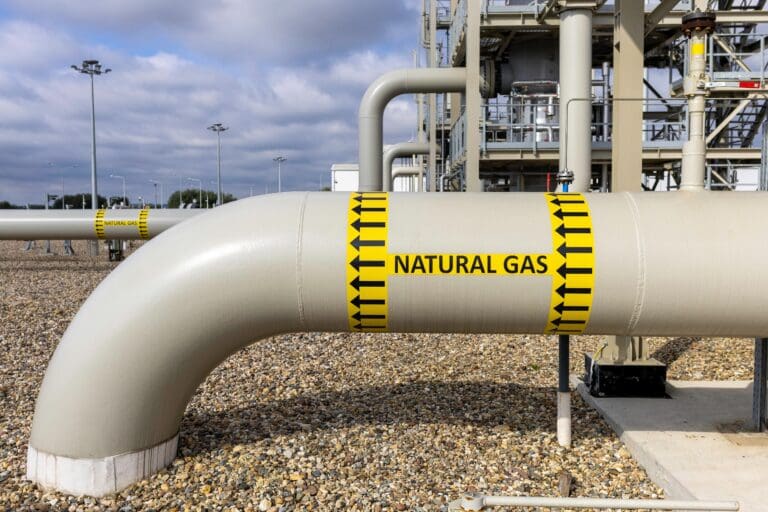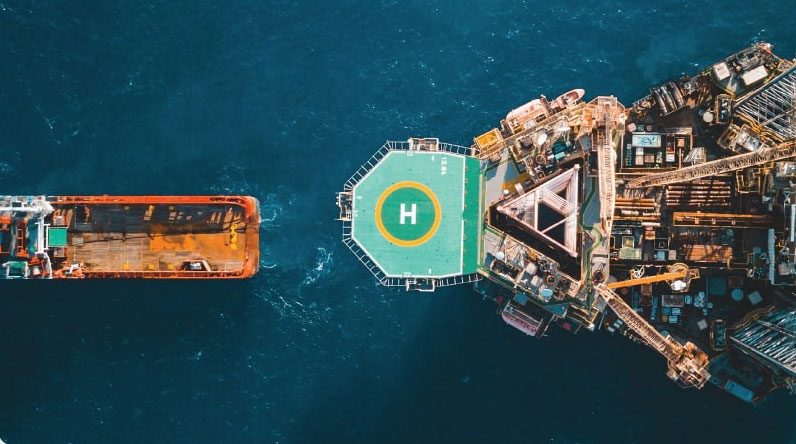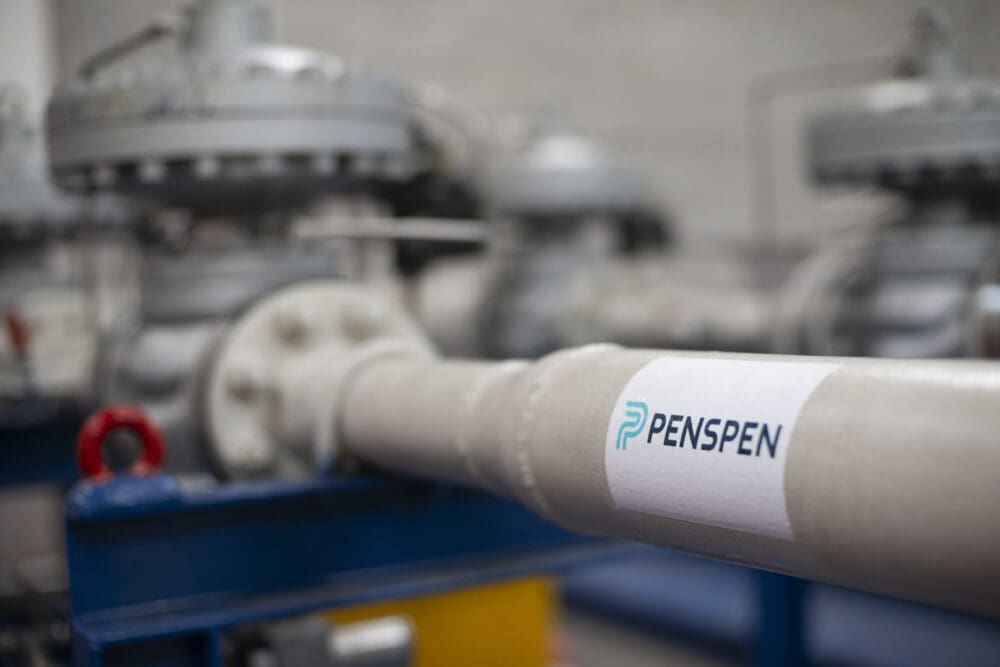Establishing the short and long-term safety of damaged pipelines is important to help assess their integrity under the anticipated loading and environmental conditions. Conducting a Defect Assessment can help achieve this.
Over the past years, Pipeline Defect Assessment has evolved with significant developments of predictive accuracy and reliability in its solutions – for example, the PDAM (Pipeline Defect Assessment Manual) provides the best practices for assessing a wide variety of pressure vessel defects and applying the most appropriate defect assessment methods when looking at pipeline design and uprating.
The Need for Fitness-for-Purpose Methods
Due to the potential of safety hazards, ‘fitness-for-purpose’ methods must be used in a structured and systematic manner, by suitably qualified engineers. There are four phases any engineer should use to question the need for a ‘fitness-for-purpose’ method:
- Appraisal (Phase 1) – the consideration of whether there is a defect there to begin with. ‘Is it really a defect or is it some feature of the inspection method?’ – this train of thought leads into questioning the nature of the defect, as well as identifying the root cause
- Assessment (Phase 2) – the consideration of whether the ‘fitness-for-purpose’ methods will solve the problem. The existing data and its reliability should be taken into account, to help provide better engineering judgment of the problem
- Safety Factors (Phase 3) – the consideration of what safety factors/procedures should be used if the ‘fitness-for-purpose’ methods go ahead. A probabilistic analysis can also be run
- Consequences (Phase 4) – the consideration of what would happen to the pipeline should things go wrong. Risk analysis/assessments should be conducted to help provide clarity
Assessing Defects and Damage in Pipelines
Determining the level of detail and complexity of an assessment is required. Different levels of defect assessment are available, and the method used depends upon the type of defect detected, the loading conditions, the objective of the assessment, and the type and quality of data that is available. More accurate assessment methods generally require more data and are harder to apply. This concept also applies to the involved risk – higher risk levels may justify risk analyses. Engineers/operators must be able to both detect and assess the significance of pipeline defects, to ensure their integrity.
Most of the methods for assessing defects in a pipeline is for the case of internal pressure loading. Pipelines can also fail due to external pressure loading or bending, leading to ovalisation, buckling or wrinkling but not necessarily loss of containment if regular inspections identify the damage early so rectification can be planned. Subsea pipeline can suffer buckling. This is a type of structural failure which can be described in two types:
- Local Buckling – Confined to a short-length of pipe undergoing a gross change in its cross-section
- Global Buckling – A failure mode involving a long length of pipe (a pipe with multiple joints). However, Global Buckling doesn’t result in a gross deformation of the pipe.
Onshore pipelines can also suffer from pipeline buckling, typically due to thermal expansion when operated hot or subjected to significant solar gains.
Third party interaction typically causes pipeline failures. These are statistics available to provide third party incident rates specific to the region where the pipeline is operated. This threat can cause dents within the pipe and in some cases gouging. Interaction of a dent and gouge is a complex form of damage and assessment methods available could be unreliable in predicating the failure pressure, particularly if the damage location is on an area of pipe where corrosion has occurred. Specialist advice should be sought in cases where the damage is complex or multiple damages are reported and could be interacting.
Questions? Contact usRelated Insights
Curiosity, Commitment, and Corrosion: Our People – Yureis Villasmil
In 2025, Yureis Villasmil joined Penspen as our first in-country integrity engineer in Chile. Passionate about personal development, she shares how her her work as part of Penspen's global...

Development and Implementation of Asset Integrity Management Systems
In the case of facilities, integrity management is somewhat more complex than for pipelines, due to the nature and complexity of these types of assets, which distinguish them from a main...

Pipeline Performance vs Dust
In the latest integrity issue of World Pipelines, Penspen Asset Integrity experts explore how dust impacts the integrity, reliability, and safety of gas transmission and distribution systems, and...

A New Landscape: Our People – Nick Molnar
Nick is a Senior Pipeline Integrity Engineer at Penspen. Since joining the team in November 2024 and relocating from Canada to Abu Dhabi, he’s been an integral part of Penspen’s Centre of...




